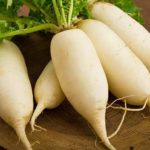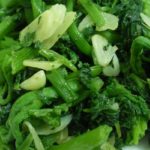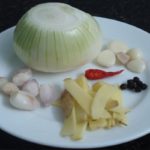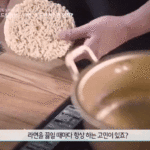1. Add Salt
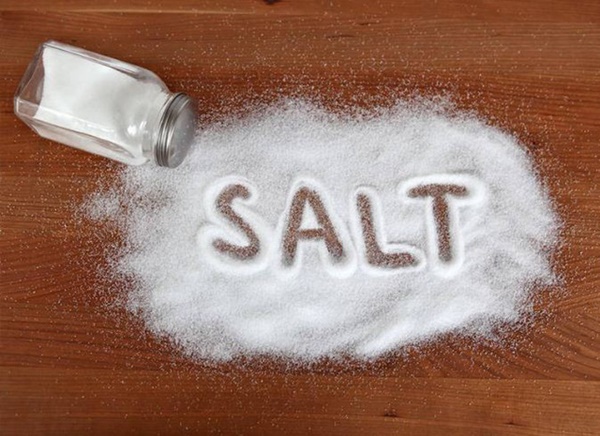
This is the most common fact in the kitchen of Asians, cooking food too salty will ruin the dish. People often have a tendency to add salt, with the purpose of making the dish taste better. In reality, it also destroys the taste and nutritional value of the dish.
2. Estimate the water for cooking rice
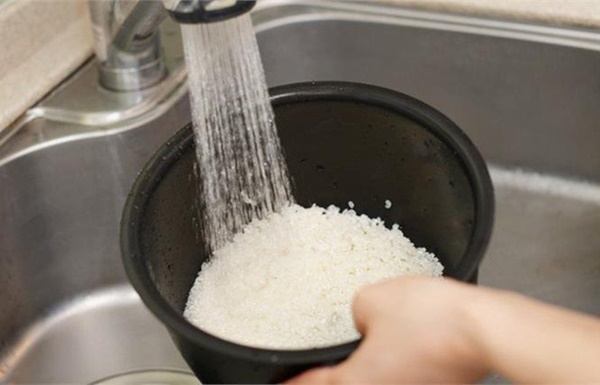
Modern rice cookers have functions to measure water/rice in a reasonable way, to ensure the rice is soft and not dry or rotten. Therefore, instead of estimating the amount of water by eye, you should switch to using a rice measuring cup to measure the corresponding amount of water, which is recorded on the inside of the cooker.
3. Do not preheat the pan or pot before cooking
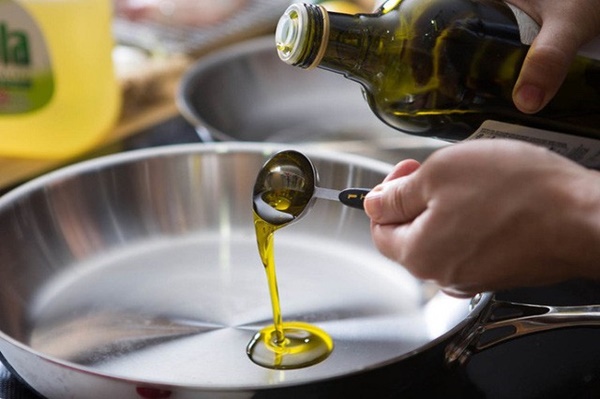
When in a hurry, heating the oven or pan may seem like an unpleasant step. But it is actually necessary. Baking or roasting in an improperly heated oven will take longer to cook or may cause your food to be unevenly cooked, even dry or burnt.
But also be careful, you can make it too hot in the preheating process, causing the oil to smoke. At that point, the oil in the pan has been heated excessively, causing them to start to degrade, destroying beneficial antioxidants and forming harmful compounds.
4. Overloading the pan or pot with too much food
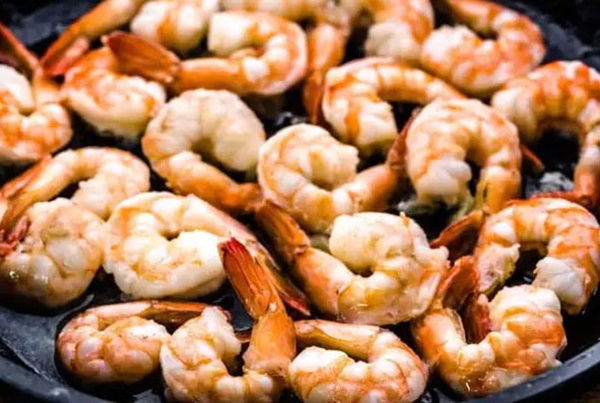
Overloading the pan with too much food will definitely prevent it from turning golden. Instead of sauting, the food will steam and have a bland taste. Although it will take time to divide the portion to cook the food, it’s the best way to make the dish absorb the seasoning and have an attractive color.
5. Using a pot that is too small for the amount of food
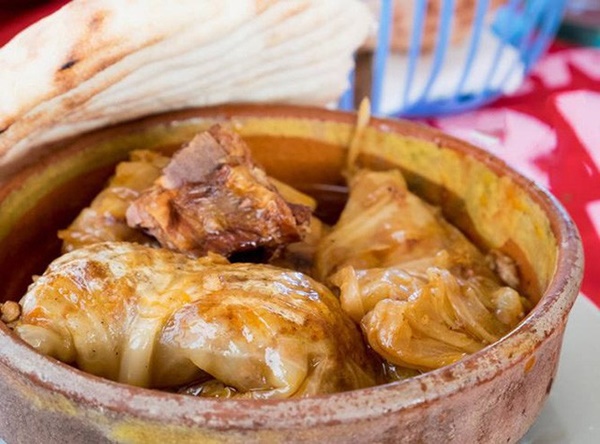
According to cooking science, the amount of food to be cooked must always be smaller than the size of the pot. The obvious reason is that when the pot is too full, the color and even the taste of the food will be greatly reduced.
6. Not stirring stews and slow-cooked dishes
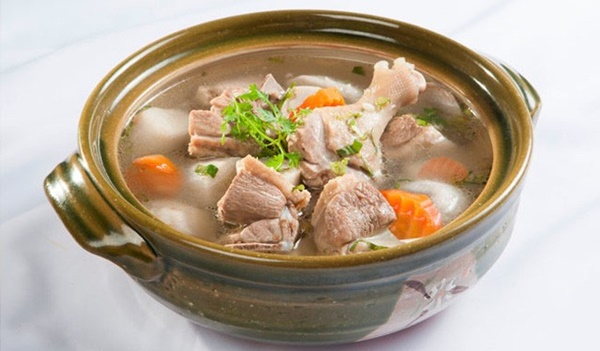
The food at the bottom of the pot can form a lump and be burnt by the heat, while the top is still full of water. Therefore, to avoid this phenomenon, when stewing or cooking porridge, you should occasionally stir the ingredients in the pot.
7. Stirring, mixing, and flipping the pan too many times while cooking
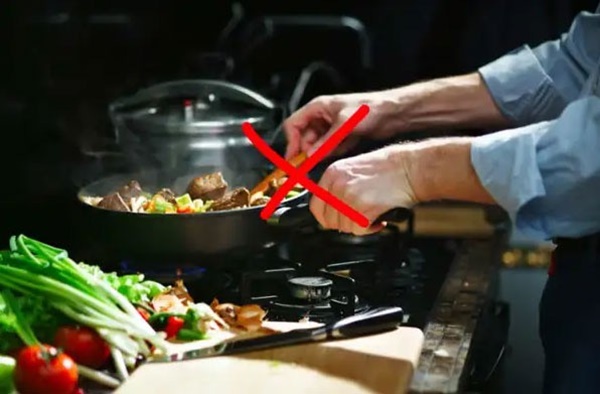
Those moves definitely give us a professional and attractive look while cooking, right? But if you cook vegetables or dishes containing protein, the important thing to do is to leave them still for a sufficient amount of time to create perfect crispiness for the dish.
8. Overcooking vegetables, roots, and fruits
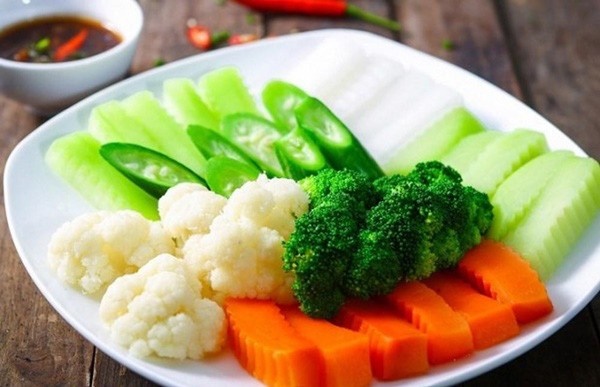
Overcooking vegetables can make them mushy and lose the flavor of the dish. In addition, the amount of vitamins in vegetables and roots is also significantly reduced.
9. Not preparing ingredients before cooking
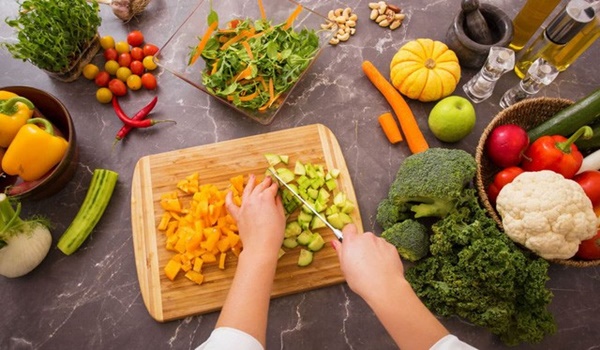
Many people often don’t prepare ingredients before cooking, which makes you passive. If you prepare your ingredients before cooking, it not only saves time but also helps to cook and add ingredients at the right time.
According to Giadinh.net
More Useful Advice for Homemakers (Part 2)
Have you heard of the surprisingly easy tips to make cooking and household chores simpler? White radish eliminates the acrid taste of salted meat, adding alum to raw shrimp helps soften it, and adding cold water when frying eggs can make them crispy – these are just a few of the tricks to make your life easier.
Ten Strategies to Streamline Your Cooking Process
Are you a busy housewife looking for ways to save time in the kitchen? Did you know that flossing can also help you out? Check out these 10 tips to help you quickly and easily prepare delicious meals for your family. Learn how to peel garlic in 10 seconds and cut cherry tomatoes quickly for a healthy and tasty meal.
























